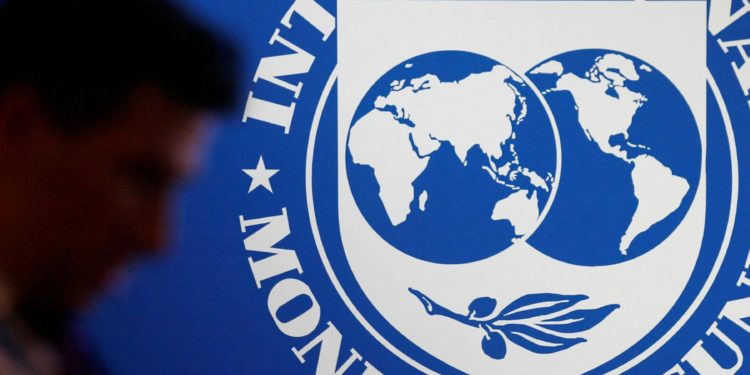Ethiopia Clears IMF Loan Review to Unlock $340.7 Million Payment
Completion of the review brings total disbursements under the arrangement to about $1.363 billion, the IMF said late on Friday.
- Advertisement -
The International Monetary Fund’s executive board completed its first review under the Extended Credit Facility for Ethiopia, which will disburse about $340.7 million to the East African country.
The funds are part of a broader $3.4 billion four-year financing package approved in July. Completion of the review brings total disbursements under the arrangement to about $1.363 billion, the IMF said late on Friday.
- Advertisement -
“Ethiopian authorities have shown strong commitment to their home-grown economic reform program,” according to the IMF’s statement. “Implementation of ECF-supported reforms is advancing well.”
- Advertisement -
Ethiopia is seeking to restructure some of its $28.9 billion external debt under the Common Framework — a pandemic-era program to help poorer countries rework their loans. The nation defaulted on a commercial loan repayment in December.
To secure the financing program, Ethiopia agreed to liberalize its foreign exchange market for the first time in five decades, adopt a targeted monetary policy rate, and raise taxes.
For the first review, the nation had to boost net international reserves by $630 million, the IMF said in July.
- Advertisement -
Since the reforms, the Ethiopian birr’s official and parallel rates have converged, and an interest rate-based monetary policy has been introduced. The initial policy rate was set at 15%. In addition, the central bank sold dollars to commercial lenders at a special auction to boost supply and narrow the gap between exchange rates.
While the currency reforms may stoke inflation toward an average 30% in the current fiscal year, they’re expected to attract more foreign direct investment and credit, which will boost the economy, according to IMF projections.
The spread between the formal and parallel market exchange rates has narrowed to low levels, with little sign of disruption to the broader economy, according to the IMF statement. The supply of foreign exchange is picking up, helping alleviate acute foreign exchange shortages, it said.
“Nonetheless, some unmet foreign exchange demand persists as economic agents are still adjusting to the new FX regime,” according to the statement.
The IMF deal has also spurred another $16.6 billion in World Bank funding pledges to the Horn of Africa nation over the next three years.
Source:norvanreports.com
- Advertisement -



